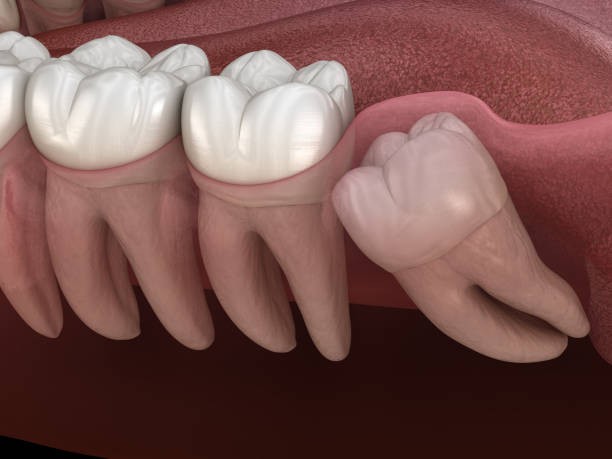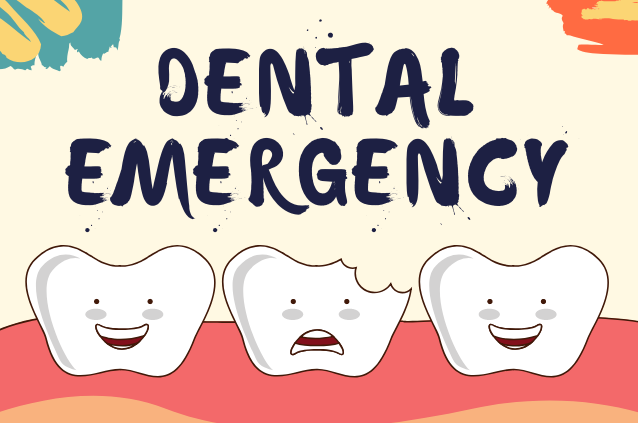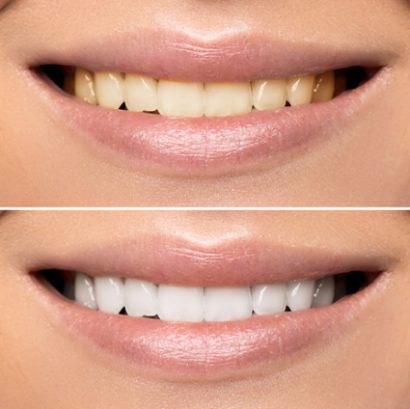Wisdom Teeth: Insights into Their Role, Problems, and Removal
Wisdom Teeth: Insights into Their Role, Problems, and Removal
Wisdom teeth, also known as third molars, are the last set of molars that typically emerge in the back of your mouth during your late teens or early twenties. These teeth have earned their unique name due to the age at which they usually make their appearance, a time when individuals are expected to have gained some wisdom. However, the journey of wisdom teeth is not always a straightforward one. In this blog, we will explore the fascinating world of wisdom teeth, from their purpose and common problems to their removal and aftercare.
Wisdom Teeth: Insights into Their Role, Problems, and Removal

The Purpose of Wisdom Teeth
Wisdom teeth were once essential for our ancestors who had a diet that consisted of tougher foods like raw meat, roots, and leaves. These additional molars helped them chew and grind their food effectively. Over time, as our diets evolved and became softer, the need for these extra teeth diminished. As a result, many people today have smaller jaws that often don't have enough space to accommodate wisdom teeth.
Common Problems Associated with Wisdom Teeth
1. Impaction: One of the most common problems with wisdom teeth is impaction. When there isn't enough space in the jaw for these teeth to fully emerge, they can become trapped beneath the gumline. Impacted wisdom teeth can cause pain, swelling, and infection.
2. Crowding: Wisdom teeth can push against neighboring teeth, causing crowding and misalignment. This can lead to the need for orthodontic treatment.
3. Infection and Inflammation: Wisdom teeth can be challenging to clean properly because of their location at the back of the mouth. This can make them more susceptible to gum infections and inflammation, known as pericoronitis.
4. Cysts and Tumors: In rare cases, cysts or tumors can develop around impacted wisdom teeth, potentially leading to more serious health issues if left untreated.
Wisdom Teeth Removal Procedure:
Evaluation: The process typically begins with a thorough examination by an oral surgeon or dentist. X-rays may be taken to assess the position, size, and orientation of your wisdom teeth. This evaluation helps the dental professional determine if removal is necessary and plan the procedure accordingly.
Anesthesia: Wisdom teeth removal can be performed under different types of anesthesia, depending on the complexity of the extraction and your preference:
Local Anesthesia: In less complicated cases, a local anesthetic is injected near the extraction site to numb the area. This allows you to remain awake during the procedure but without feeling pain.
Sedation Anesthesia: For more complex extractions or for patients with anxiety, sedation anesthesia may be used. This can range from conscious sedation (where you're awake but relaxed) to general anesthesia (where you're completely unconscious).

Extraction: Once you're adequately anesthetized or sedated, the oral surgeon or dentist will begin the extraction process. They may need to make an incision in the gum tissue covering the tooth to access it. In some cases, the tooth may need to be divided into smaller pieces to make removal easier.
Aftercare
Following wisdom teeth removal, it's crucial to follow post-operative care instructions for a smooth recovery. Here are some essential tips:
Rest: Get plenty of rest to allow your body to heal.
Pain Management: Take prescribed pain medication as directed and use cold compresses to reduce swelling.
Soft Diet: Stick to a soft diet for a few days, avoiding hard, crunchy, or spicy foods.
Oral Hygiene: Gently rinse your mouth with warm saltwater and continue to brush your teeth, being careful around the surgical site.
Follow-up Appointments: Attend any scheduled follow-up appointments with your oral surgeon or dentist to monitor your healing progress.
Conclusion
Understanding the common problems associated with wisdom teeth and their removal process can help individuals make informed decisions about their oral health. If you're experiencing pain or discomfort related to your wisdom teeth, it's essential to consult with a dental professional who can assess your situation and provide appropriate guidance and treatment options.
Book An Appointment
Ask Us Anything, We Are Here To Help You
-
Yes, we proudly offer teeth whitening and a full range of cosmetic dentistry services at Gurgaon Dental Lounge. Our professional treatments can help you achieve a brighter, more confident smile. Contact us for more
-
For dental emergencies or urgent cases, please call us immediately. We understand that emergencies can happen at any time, and we'll do our best to accommodate your needs as quickly as possible. Whether you're a new patient or an existing one, we strive to make the appointment scheduling process as seamless as possible. Your oral health is important to us, and we look forward to providing you with exceptional dental care.
-
You can schedule your appointment online by visiting our website and using our user-friendly appointment booking tool. You can schedule an appointment via phone call. Call our office during our regular business hours. Our team will assist you in finding a suitable appointment slot that fits your schedule. You are also welcome to visit our clinic in person to schedule an appointment. Our front desk staff will be happy to assist you and answer any questions you have
-
At Gurgaon Dental Lounge, we provide an overview of the dental services your clinic offers, such as general dentistry, cosmetic dentistry, orthodontics, and more.


